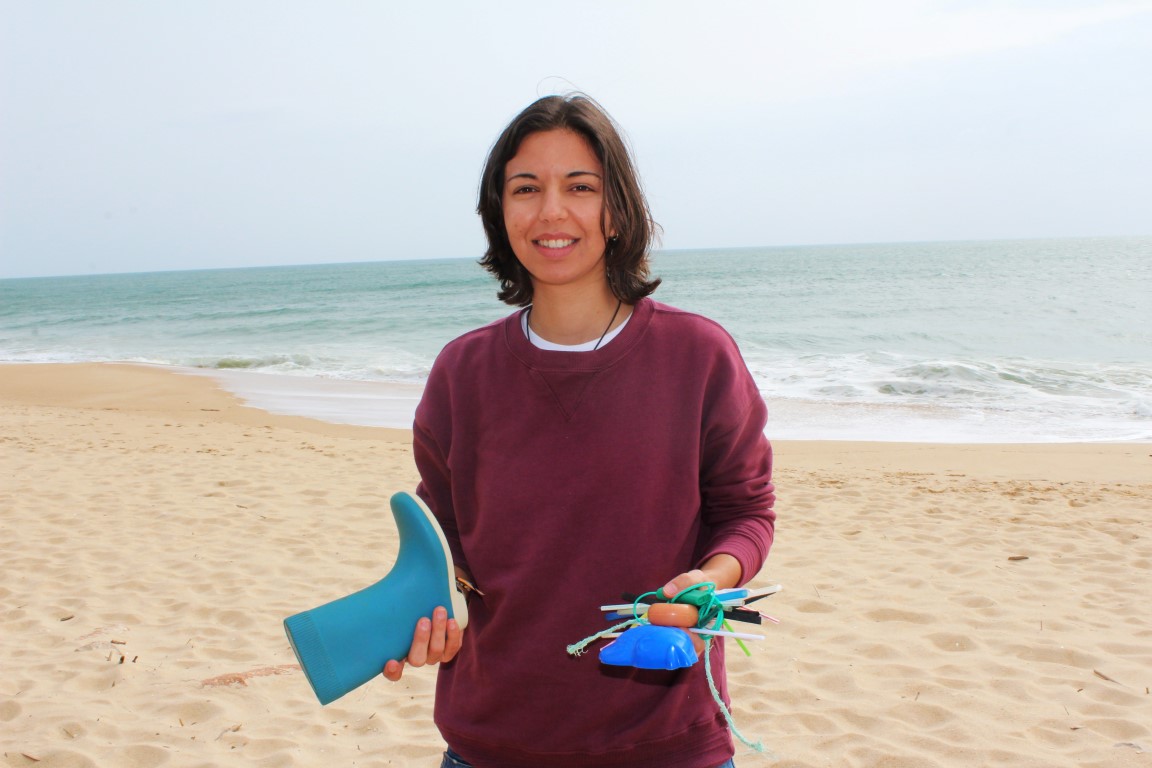 Called Straw Patrol, won one special mention in the award Land of Femmes, of the Yves Rocher Foundation, and was born… from a video in which a turtle had a straw stuck in its nose. Carla Lourenço, marine biologist at CCMar – Center for Marine Sciences at the University of Algarve, is the project's mentor, who wants to raise awareness of the problem of marine litter.
Called Straw Patrol, won one special mention in the award Land of Femmes, of the Yves Rocher Foundation, and was born… from a video in which a turtle had a straw stuck in its nose. Carla Lourenço, marine biologist at CCMar – Center for Marine Sciences at the University of Algarve, is the project's mentor, who wants to raise awareness of the problem of marine litter.
In addition to trips to schools – from the Algarve and the Alentejo – the Straw Patrol promotes beach cleanings, such as the one that took place this Sunday, March 19, from the new parking lot at Praia de Faro, and where 267 kilos of garbage were collected.
This was the action, in Ria Formosa, in which a greater amount of garbage was collected. "It's a much larger number than usual," explained Carla Lourenço to Sul Informação. The 14 people who participated in the initiative collected, for example, four tires, a radio, but also “many scraps of wood from the walkway at Praia de Faro»…left by works.
Added to this were "packages of salt used by shellfish collectors to catch razor clams", "toys from 2004 and 2008" or "several dozen plastic bottles", which help explain why 81 kilos of plastic were collected. The ages of the participants were «around 20, 30 years old».
Plastic is really one of the main evils that this project wants to combat. Carla Lourenço, in an interview with Rádio Universitária do Algarve (RUA FM), he explained that something that "looks as simple and disposable" as a straw, present, for example, in juice packets, "brings a lot of problems."
Also because, in addition to being made of plastic, it is also covered with plastic. On the beaches of the Algarve, it is common to find several straws, coming from commercial establishments or taken by bathers, which can be eaten by animals such as turtles.
“There are seabirds that die every year because of garbage. We think it is very important to convey the message that marine litter is a problem», considers Carla Lourenço.
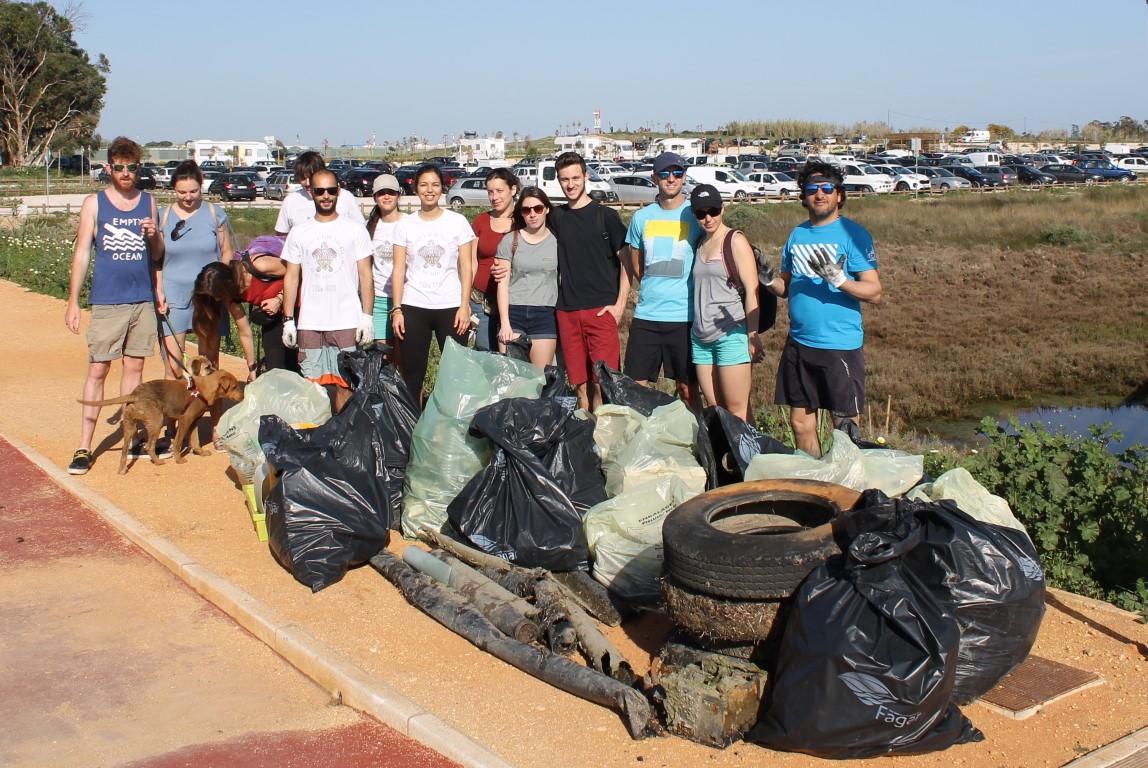
The straws are joined by other, more caricatured objects that have been “caught” when cleaning takes place in estuarine areas of the Ria Formosa, such as televisions. When cleaning is done on the beaches, it is common to find ropes, scraps of fishing gear, rubber boots and even… cotton swabs.
Microplastics are also a problem. Present in exfoliating creams or toothpastes, which reach the sewer system, these small particles, less than five millimeters, end up in the ocean and "can be eaten by fish", explained Carla Lourenço to Sul Informação.
"Then, other fish can eat the fish that have already ingested the microplastics and a cycle is generated that can reach our plate," he said.
And the big problem is that these particles “work as sponges for the contaminants in seawater. Scientists do not yet know how this affects us directly, but we have already seen that fish slow down, and, for example, oysters reproduce 50% less,” added the marine biologist.
Through three pillars (educate, reduce and protect), which are even part of the name of the Straw Patronl, the project wants to draw attention to these realities.
“On the education side, we go to schools and give lectures on the problem of marine litter, talking about the problems, the consequences and what we can do to improve the quality of life of marine organisms,” said Carla Lourenço.
Thus, the trips that are scheduled for schools of Faro, join others already held, such as in Vila Nova de Milfontes or Cercal do Alentejo.
This pillar is immediately associated with the issue of “reducing”. “We know that, by promoting education and knowledge, we are leading to a reduction in plastic consumption. We have people who come to us telling us that they no longer use straws and that they have started to adopt sustainable and environmentally friendly practices», he explained.
Although, in Carla Lourenço's opinion, the Algarve coast «is not as polluted» in terms of quantity, like other areas, with the Alentejo coast serving as an example, the truth is that this phenomenon «is also noticed in the Algarve» .
The award won by the project will be used to invest in education. The 3 euros will be used to "help travel to schools," revealed Carla Lourenço. As for the distinction, the marine biologist said that "it wasn't
waiting” and that it was “a big surprise”.
And for the next school year, there will be a great attraction: the Straw Patrol will use the money earned from the special mention to create a monetary prize that students can compete for. To do so, simply submit papers that help raise awareness of the protection of the oceans.
Photos: Pedro Lemos|Sul Informação
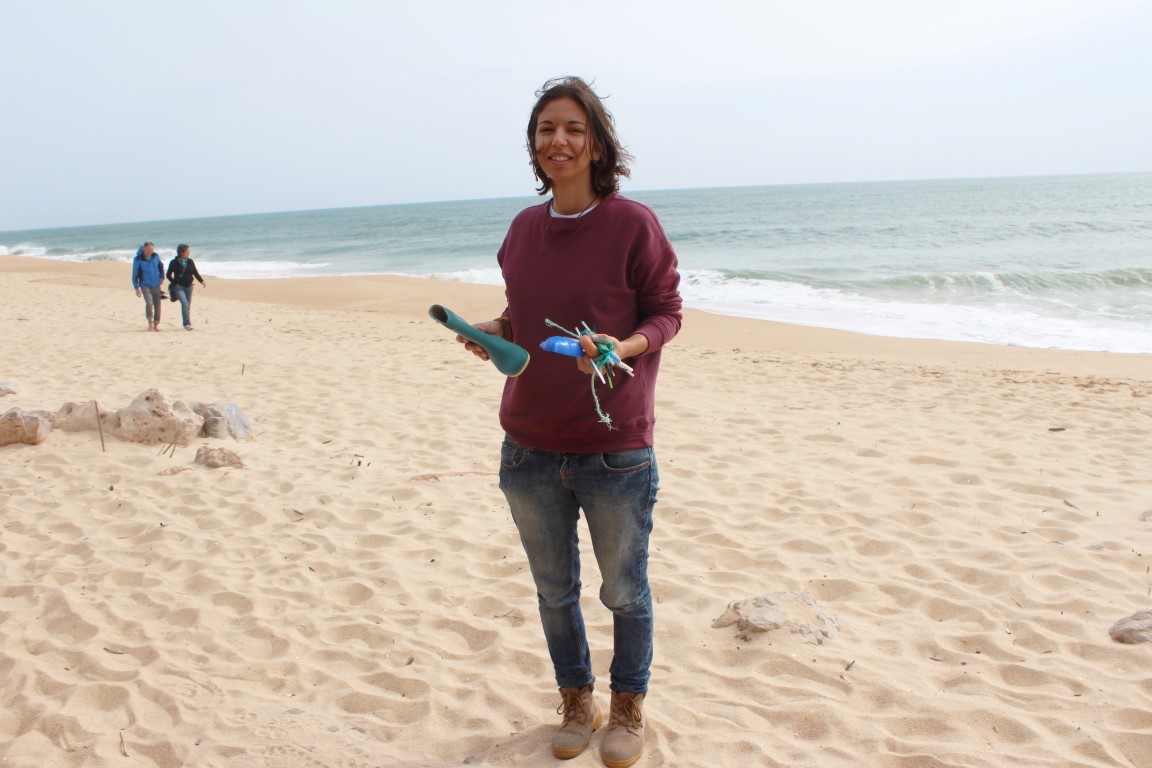
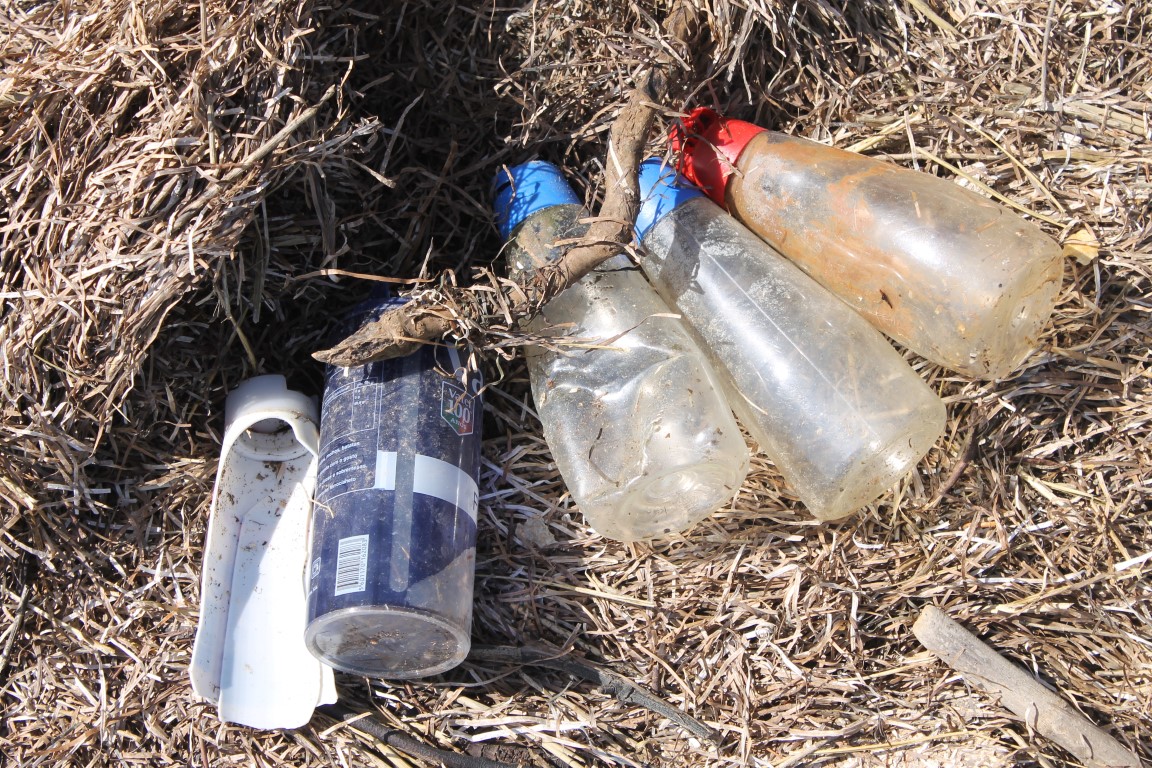
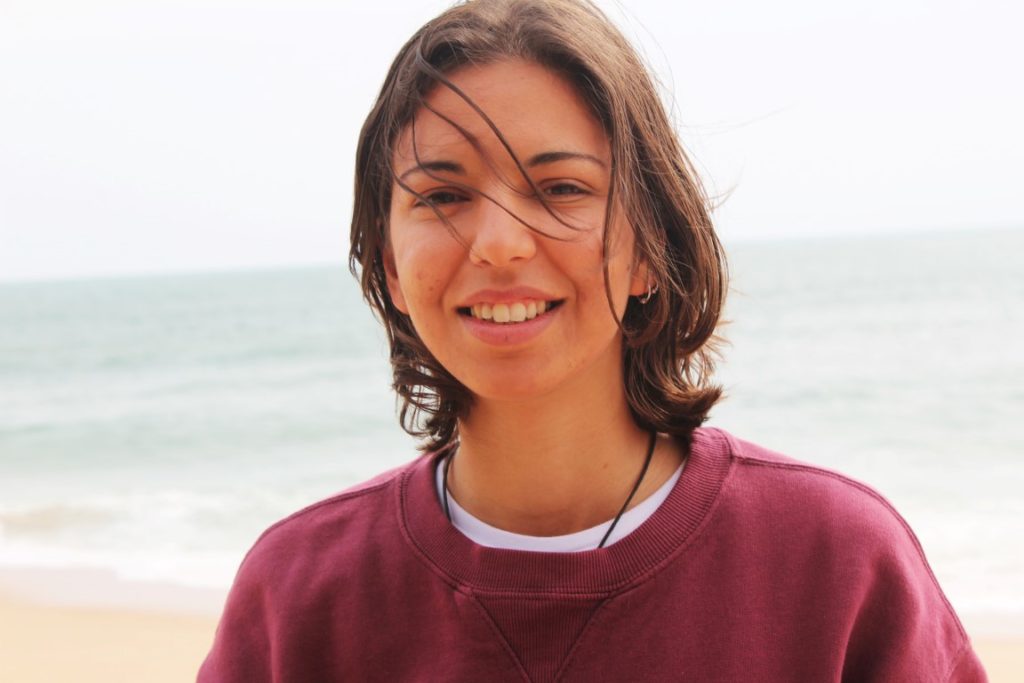
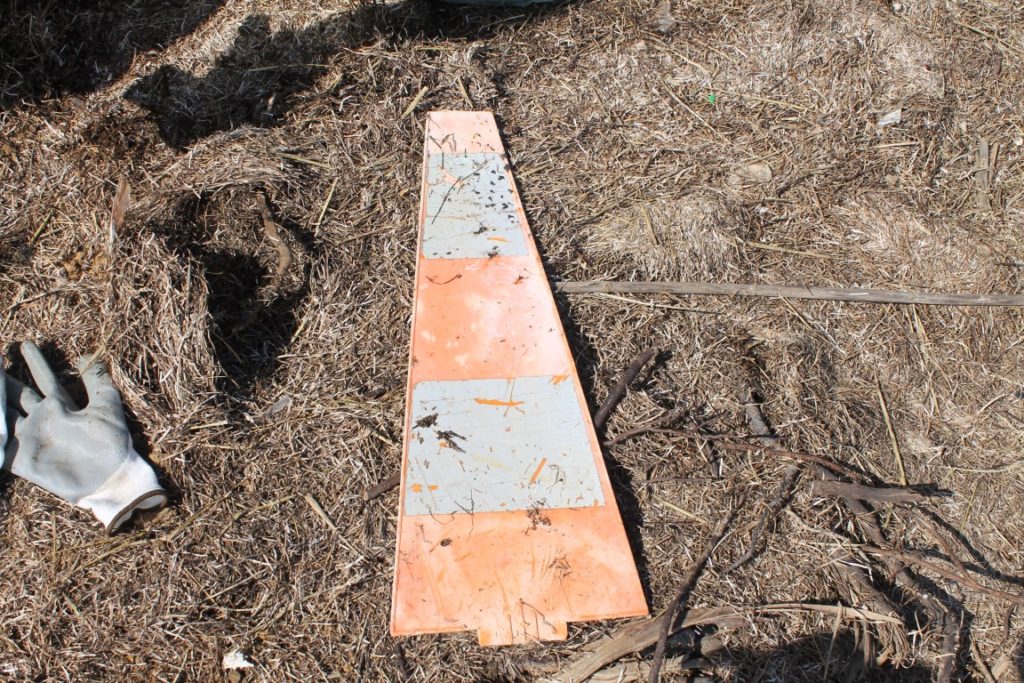
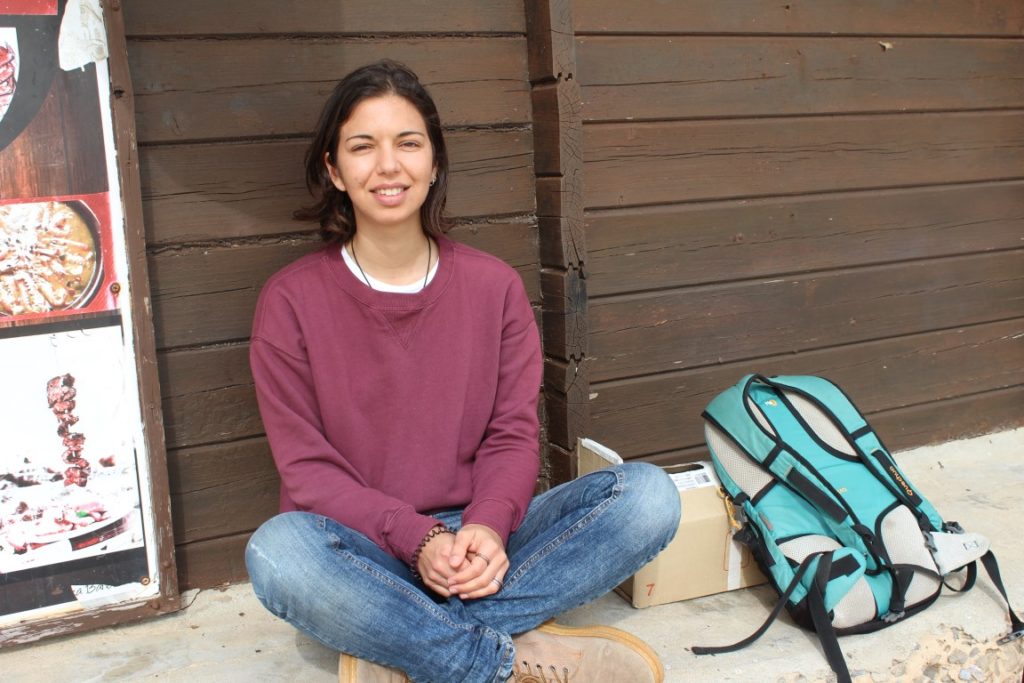
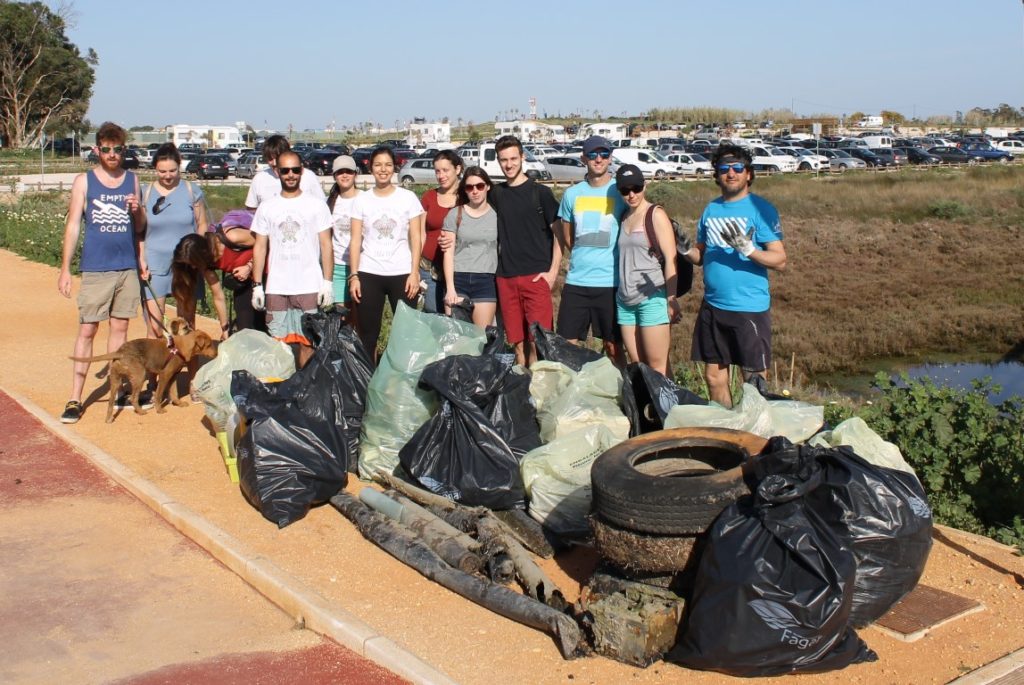
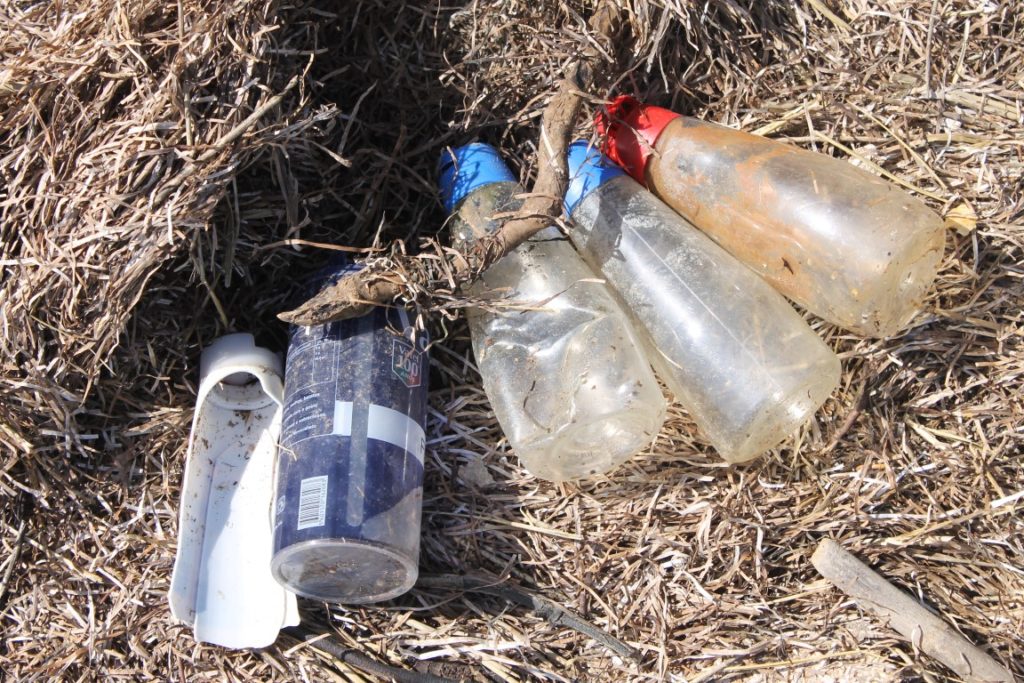
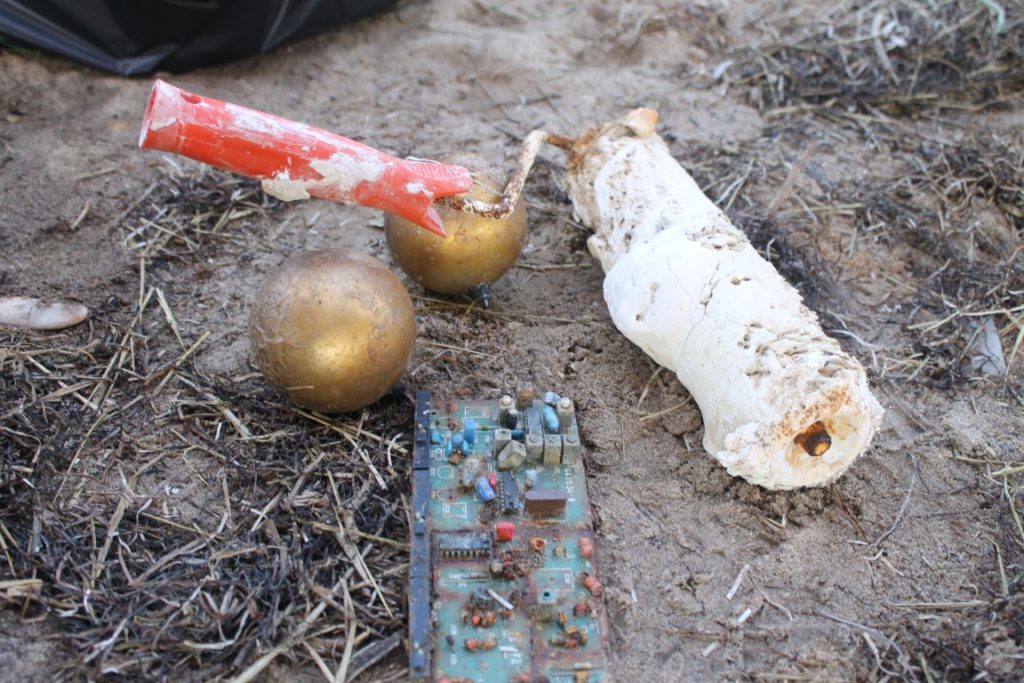
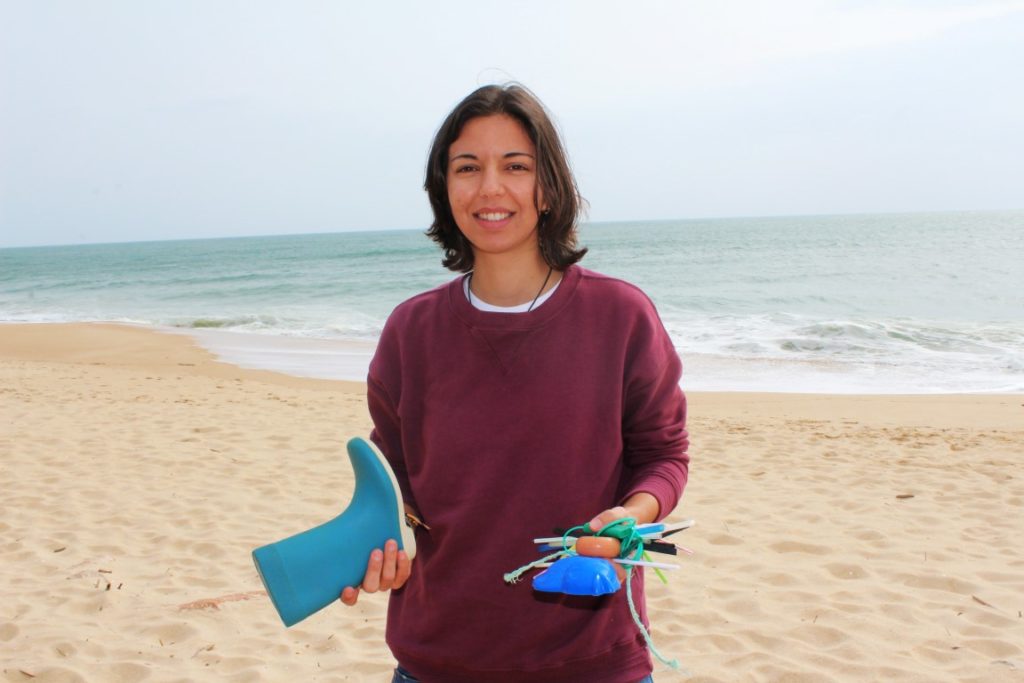
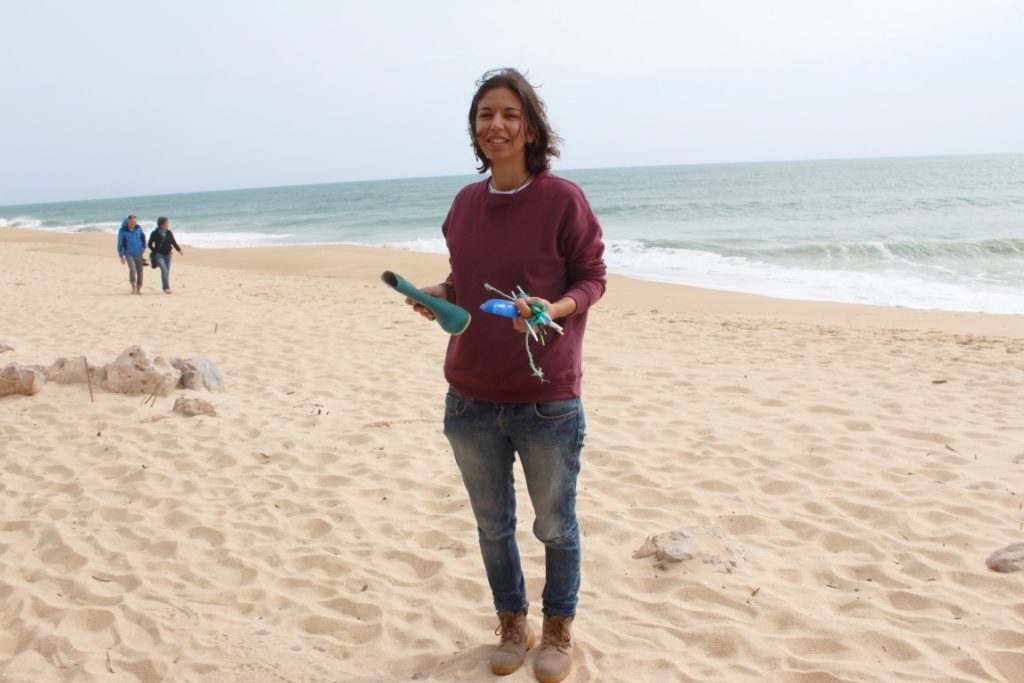


















Comments